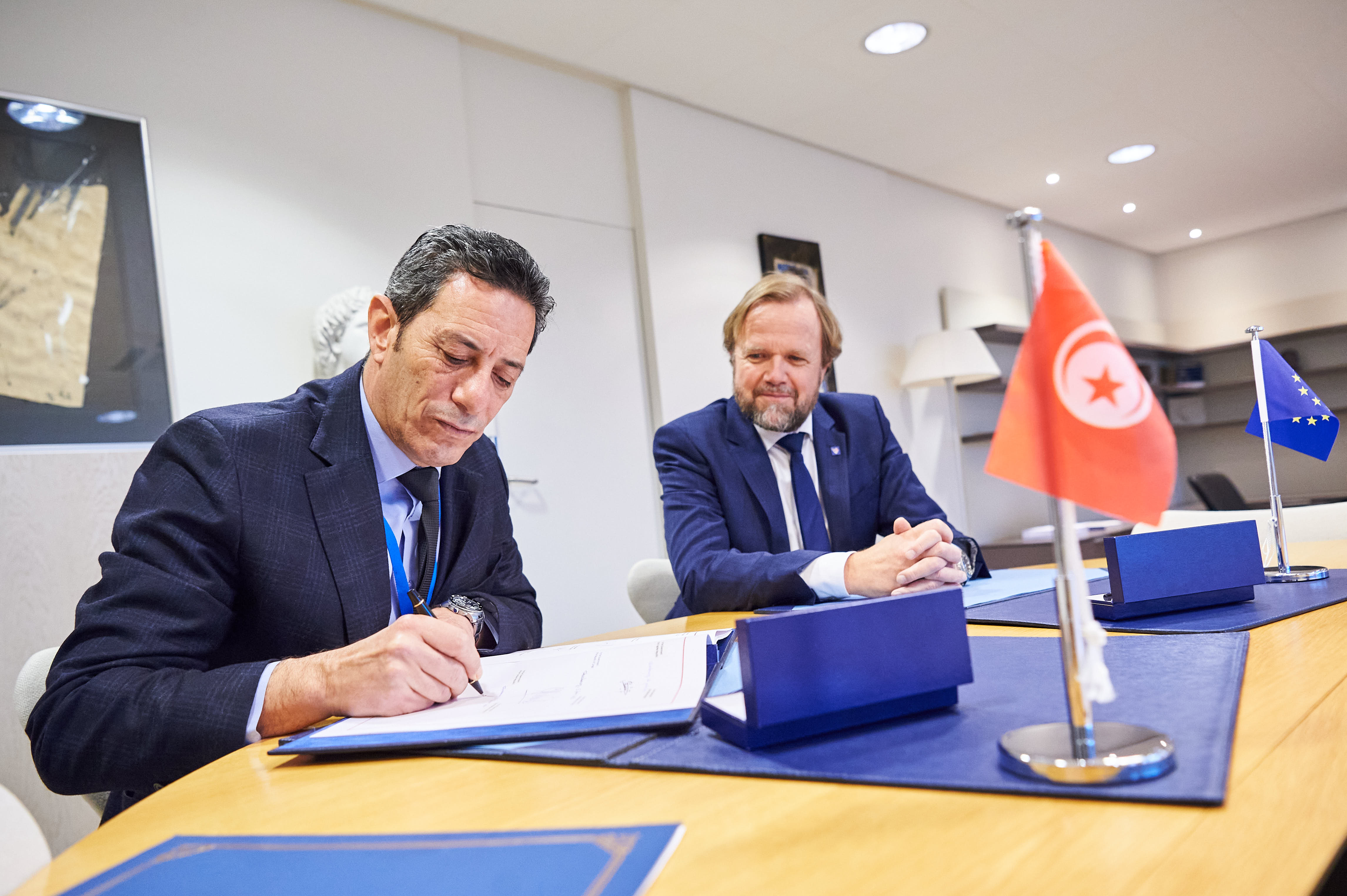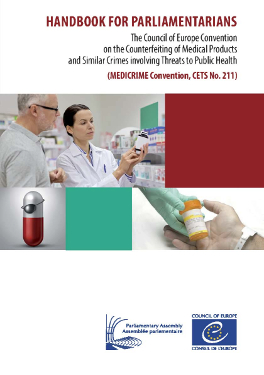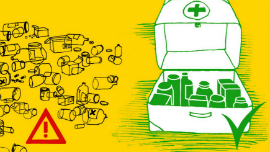Today, Tunisia signed the MEDICRIME Convention.
In total, there are 23 Parties to the Convention and a further 20 are signatories. Tunisia is the 14th non- Council of Europe member state having signed the MEDICRIME Convention.
This signature of the MEDICRIME convention testifies to Tunisia's strong desire to strengthen the fight against the scourge of falsified medicines and represents the culmination of the work carried out by the Tunisian authorities and supported by the Council of Europe in particular through the joint project EU/CoE “Protecting human rights, the rule of law and democracy through shared standards in the southern Mediterranean” (South Program V), which aims in particular to align national legislation with European standards and to support the creation of a common legal space between Europe and the southern Mediterranean region. This process was supported by the International Association of French-speaking Customs Officers (AIDF) and the Secretariat of the Committee of the Parties to the MEDICRIME convention.






